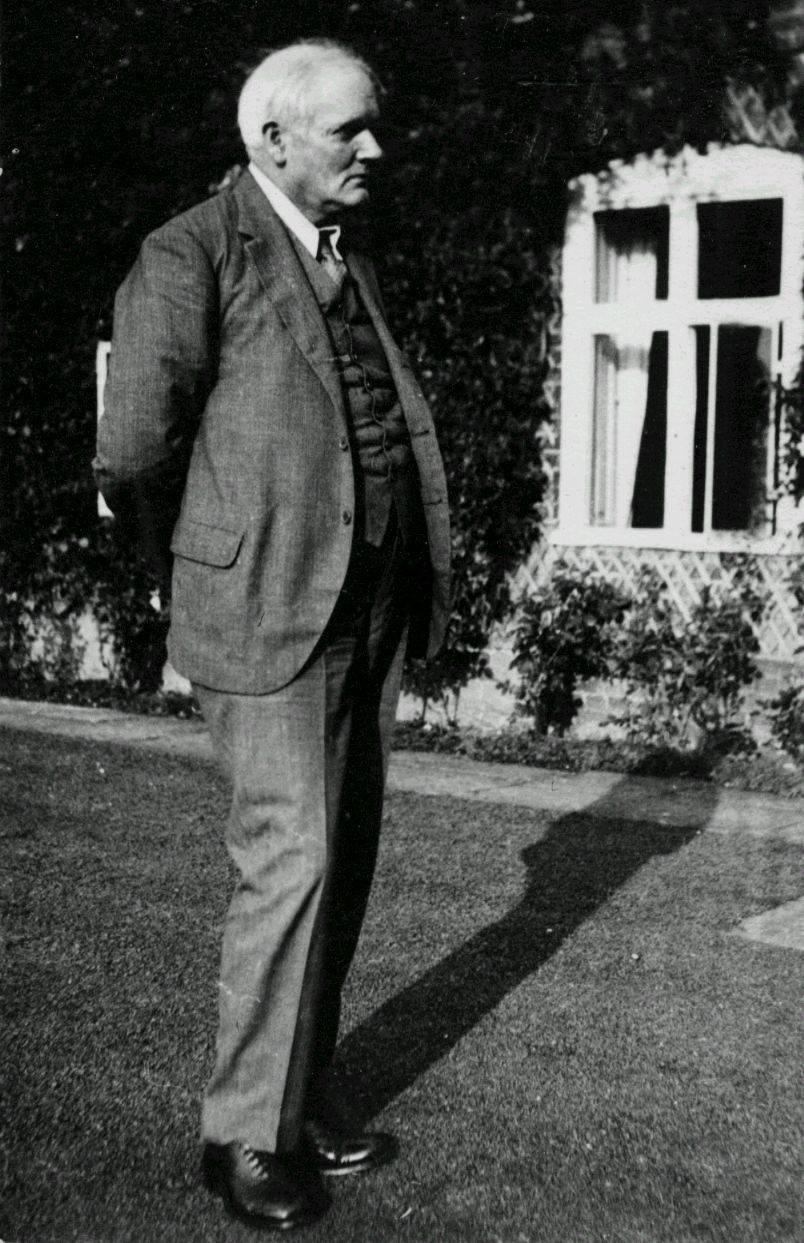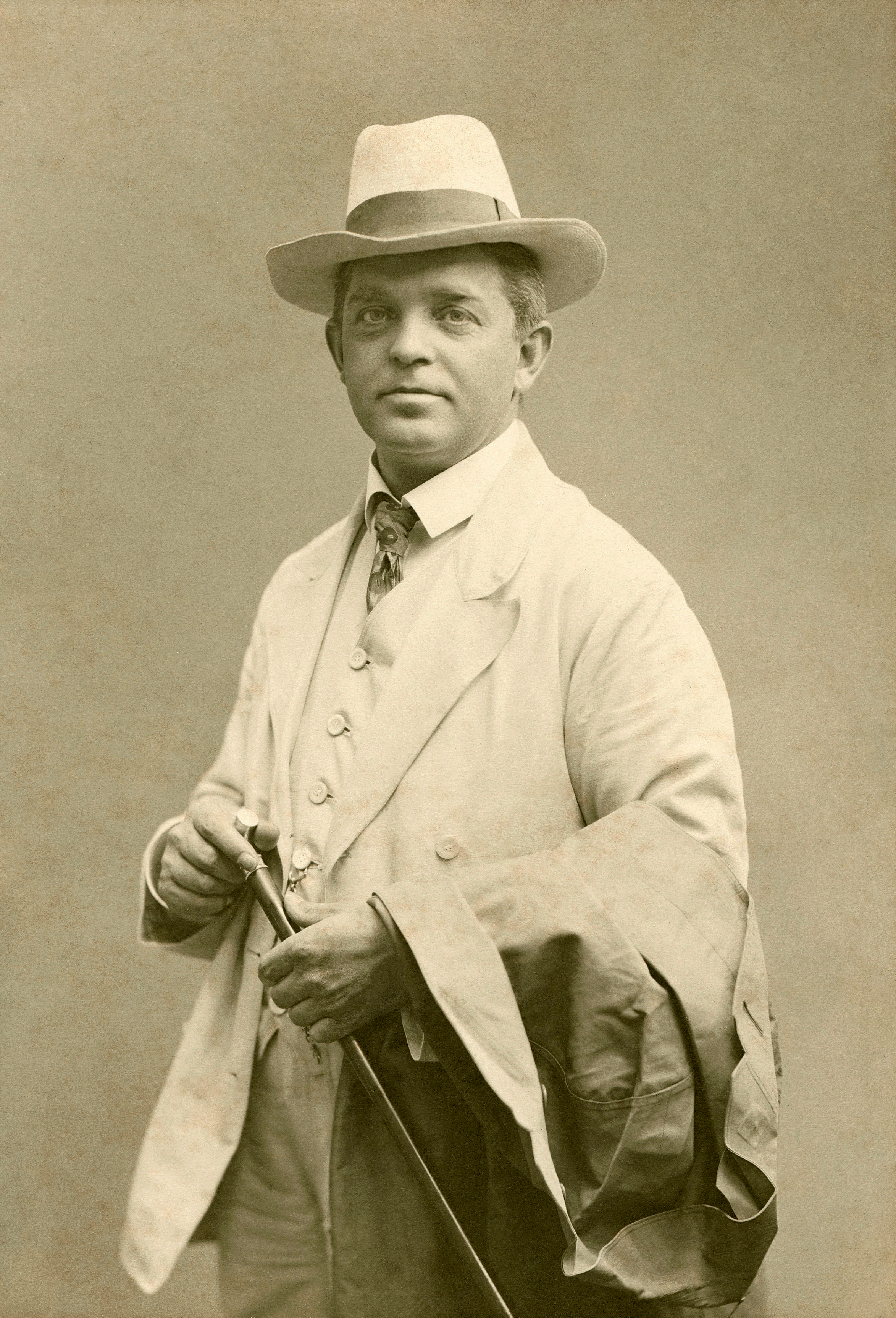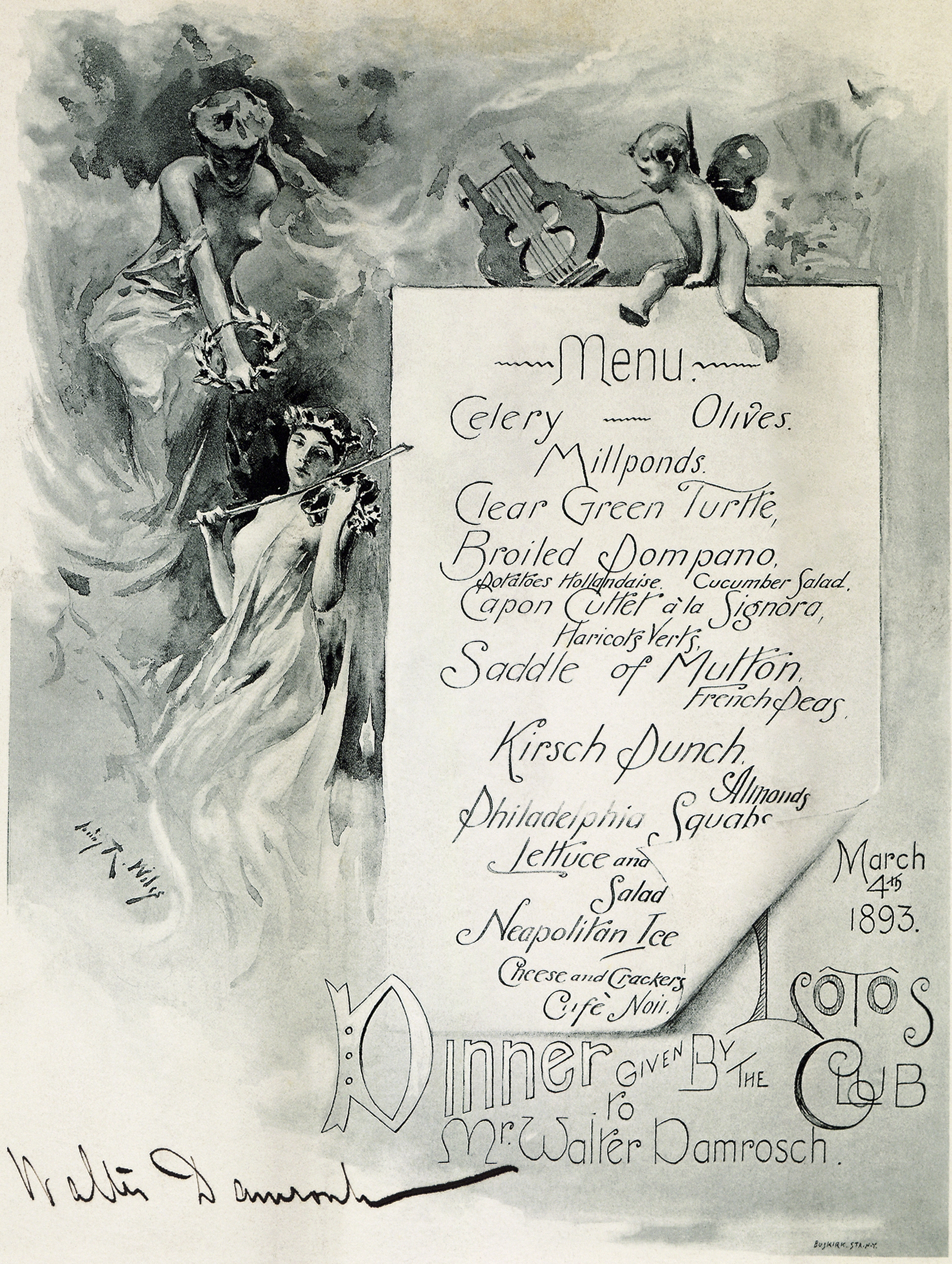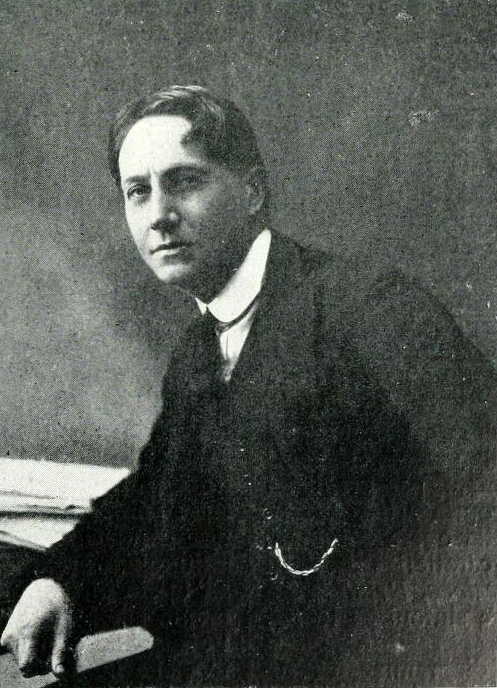|
1928 International Columbia Graphophone Competition
The 1928 International Columbia Graphophone Competition was a competition part-sponsored by the Columbia record company in honour of the centenary of the death of Franz Schubert. Its original aim was to encourage composers to produce completions of Schubert's 'Unfinished' Symphony but the rules were modified several times to allow the submission of original symphonic works. Preliminary rounds were judged on a country or area basis, and the winning works at this level were then forwarded to the final judging for the world prize, which took place in Vienna. Notable composers who gained prizes in the country categories included Vasily Kalafati, Havergal Brian, Czesław Marek and Franz Schmidt, but the overall prize, after a wrangle among the judges, was awarded to the Swedish composer Kurt Atterberg for his Sixth Symphony. Inception and changing rules Organized jointly by the Gesellschaft der Musikfreunde in Vienna and the Columbia Graphophone Company of Britain and America, the co ... [...More Info...] [...Related Items...] OR: [Wikipedia] [Google] [Baidu] |
Centenary
{{other uses, Centennial (other), Centenary (other) A centennial, or centenary in British English, is a 100th anniversary or otherwise relates to a century, a period of 100 years. Notable events Notable centennial events at a national or world-level include: * Centennial Exhibition, 1876, Philadelphia, Pennsylvania. First official World's Fair in the United States, celebrating the 100th anniversary of the signing of the Declaration of Independence in Philadelphia. About 10 million visitors attended, equivalent to about 20% of the population of the United States at the time. The exhibition ran from May 10, 1876, to November 10, 1876. (It included a monorail.) * New Zealand Centennial Exhibition, 1939–1940, celebrated one hundred years since the signing of the Treaty of Waitangi in 1840 and the subsequent mass European settlement of New Zealand. 2,641,043 (2.6 million) visitors attended the exhibition, which ran from 8 November 1939 until 4 May 1940. * 196 ... [...More Info...] [...Related Items...] OR: [Wikipedia] [Google] [Baidu] |
Hans Gál
Hans Gál OBE (5 August 1890 – 3 October 1987) was an Austrian composer, pedagogue, musicologist, and author, who emigrated to the United Kingdom in 1938. Life Gál was born to a Jewish family in the small village of Brunn am Gebirge, Lower Austria, just outside Vienna, the son of a doctor, Josef Gál. In 1909, his piano teacher Richard Robert (who also taught George Szell, Rudolf Serkin and Clara Haskil) appointed Gál as a teacher when he became director of the New Vienna Conservatory. From 1909 to 1913, Gál studied music history at the University of Vienna under music historian Guido Adler, who published Gál's doctoral dissertation on the style of the young Beethoven in his own ''Studien zur Musikwissenschaft''. From 1909 to 1911, Gál studied composition privately with Eusebius Mandyczewski, who had been a close friend of Johannes Brahms, and with whom he later edited ten volumes of the Complete Edition of Brahms's works, published by Breitkopf & Härtel in 1926. Mand ... [...More Info...] [...Related Items...] OR: [Wikipedia] [Google] [Baidu] |
Donald Tovey
Sir Donald Francis Tovey (17 July 187510 July 1940) was a British musical analyst, musicologist, writer on music, composer, conductor and pianist. He had been best known for his ''Essays in Musical Analysis'' and his editions of works by Bach and Beethoven, but since the 1990s his compositions (relatively small in number but substantial in musical content) have been recorded and performed with increasing frequency. The recordings have mostly been well received by reviewers. Life He was born at Eton, Berkshire, the son of Duncan Crookes Tovey, an assistant master at Eton College, and his wife, Mary Fison. As a child Tovey was privately educated exclusively by Sophie Weisse. She was impressed by his musical gifts evident at an early age and took it upon herself to nurture him. Through her network of associates he was introduced to composers, performers and music critics. These included Walter Parratt, James Higgs and (from the age of 14) Hubert Parry for composition. Also in Sop ... [...More Info...] [...Related Items...] OR: [Wikipedia] [Google] [Baidu] |
Max Von Schillings
Max von Schillings (April 19, 1868 – July 24, 1933 in Berlin) was a German conductor, composer and theatre director. He was chief conductor at the Berlin State Opera from 1919 to 1925. Schillings' opera ''Mona Lisa'' (1915) was internationally successful and was performed at the Metropolitan Opera. The composer married Barbara Kemp, the soprano who sang the title role. Before ''Mona Lisa'', Schillings had already written three operas: ''Ingwelde'' (1894), ''Der Pfeifertag'' (1899) and ''Der Moloch'' (1906). Biography Born in Düren, Max von Schillings was brother to the photographer Carl Georg Schillings. He received his first musical training in violin, piano and theory at the same time as his formal education in Bonn. His teachers were Caspar Joseph Brambach and Otto von Königslow. Schillings later studied jurisprudence, philosophy, literature and art history at the University of Munich. On October 1, 1892, he married his cousin Caroline Josefa Peill in Römlinghoven. T ... [...More Info...] [...Related Items...] OR: [Wikipedia] [Google] [Baidu] |
Franz Schalk
Franz Schalk (27 May 18633 September 1931) was an Austrian conductor. From 1918 to 1929 he was director of the Vienna State Opera, a post he held jointly with Richard Strauss from 1919 to 1924. He was later involved in the establishment of the Salzburg Festival. Life and career Born in Vienna, he studied under composer Anton Bruckner. From 1900, he was first kapellmeister of the Vienna Court Opera (Hofoper). Between 1904 and 1921, he was head of the Gesellschaft der Musikfreunde in Vienna. In 1918 he became director of the Vienna State Opera (Staatsoper, successor to the Hofoper), but from 1919 shared the directorship with Richard Strauss, with the well-known composer considered "blatantly (though unofficially) the 'greater equal' of the pair" (despite Schalk's recorded renditions of the Beethoven and Schubert 8th Symphonies virtually as distinguished as Strauss' versions of the last three Mozart symphonies, Beethoven's 5th & 7th, and some of the best-known German overtur ... [...More Info...] [...Related Items...] OR: [Wikipedia] [Google] [Baidu] |
Carl Nielsen
Carl August Nielsen (; 9 June 1865 – 3 October 1931) was a Danish composer, conductor and violinist, widely recognized as his country's most prominent composer. Brought up by poor yet musically talented parents on the island of Funen, he demonstrated his musical abilities at an early age. He initially played in a military band before attending the Royal Danish Academy of Music in Copenhagen from 1884 until December 1886. He premiered his Op. 1, '' Suite for Strings'', in 1888, at the age of 23. The following year, Nielsen began a 16-year stint as a second violinist in the Royal Danish Orchestra under the conductor Johan Svendsen, during which he played in Giuseppe Verdi's ''Falstaff'' and '' Otello'' at their Danish premieres. In 1916, he took a post teaching at the Royal Danish Academy and continued to work there until his death. Although his symphonies, concertos and choral music are now internationally acclaimed, Nielsen's career and personal life were marked by man ... [...More Info...] [...Related Items...] OR: [Wikipedia] [Google] [Baidu] |
Walter Damrosch
Walter Johannes Damrosch (January 30, 1862December 22, 1950) was a German-born American conductor and composer. He was the director of the New York Symphony Orchestra and conducted the world premiere performances of various works, including George Gershwin's Piano Concerto in F, ''An American in Paris'', and Jean Sibelius' ''Tapiola''. Damrosch was also instrumental in the founding of Carnegie Hall. He also conducted the first performance of Rachmaninoff's Piano Concerto No. 3 with the composer himself as soloist. Life and career Damrosch was born in Breslau, Silesia, a son of Helene von Heimburg, a former opera singer, and the conductor Leopold Damrosch, and brother of conductor Frank Damrosch and music teacher Clara Mannes. His parents were Lutheran (his paternal grandfather was Jewish). He exhibited an interest in music at an early age and was instructed by his father in harmony and also studied under Wilhelm Albert Rischbieter and Felix Draeseke at the Dresden Conserva ... [...More Info...] [...Related Items...] OR: [Wikipedia] [Google] [Baidu] |
Alfred Bruneau
Louis Charles Bonaventure Alfred Bruneau (3 March 1857 – 15 June 1934) was a French composer who played a key role in the introduction of realism in French opera. Life Born in Paris, Bruneau studied the cello as a youth at the Paris Conservatory and played in the Pasdeloup orchestra. He soon began to compose, writing a cantata, ''Geneviève de Paris'', while still a young man. In 1884, his ''Ouverture héroïque'' was performed, followed by the choral symphonies '' Léda'' (1884) and '' La Belle au bois dormant'' (1886). In 1887, he produced his first opera, ''Kérim''. The following year, Bruneau met Émile Zola, launching a collaboration between the two men that would last for two decades. Bruneau's 1891 opera '' Le Rêve'' was based on the Zola story of the same name, and in the coming years Zola would provide the subject matter for many of Bruneau's works, including ''L'attaque du moulin'' (1893). Zola himself wrote the libretti for the operas ''Messidor'' (1897) and '' L'Ou ... [...More Info...] [...Related Items...] OR: [Wikipedia] [Google] [Baidu] |
Franco Alfano
Franco Alfano (8 March 1875 – 27 October 1954) was an Italian composer and pianist, best known today for his opera ''Risurrezione'' (1904) and for having completed Puccini's opera ''Turandot'' in 1926. He had considerable success with several of his own works during his lifetime. Career Alfano was born in Posillipo, Naples. He attended piano lessons given privately by Alessandro Longo, and harmony and composition respectively under Camillo de Nardis (1857–1951) and Paolo Serrao at the Conservatory San Pietro a Majella in Naples. Later, after graduating, in 1895 he pursued further composition studies with Hans Sitt and Salomon Jadassohn in Leipzig. While working there he met his idol, Edvard Grieg, and wrote numerous piano and orchestral pieces. From 1918 he was Director of the Conservatory of Bologna, from 1923 Director of the Turin Conservatory, and from 1947 to 1950 Director of the Rossini Conservatory in Pesaro. Alfano died in San Remo. Operas Alfano completed his ... [...More Info...] [...Related Items...] OR: [Wikipedia] [Google] [Baidu] |
Alexander Glazunov
Alexander Konstantinovich Glazunov; ger, Glasunow (, 10 August 1865 – 21 March 1936) was a Russian composer, music teacher, and conductor of the late Russian Romantic period. He was director of the Saint Petersburg Conservatory between 1905 and 1928 and was instrumental in the reorganization of the institute into the Petrograd Conservatory, then the Leningrad Conservatory, following the Bolshevik Revolution. He continued as head of the Conservatory until 1930, though he had left the Soviet Union in 1928 and did not return. The best-known student under his tenure during the early Soviet years was Dmitri Shostakovich. Glazunov successfully reconciled nationalism and cosmopolitanism in Russian music. While he was the direct successor to Balakirev's nationalism, he tended more towards Borodin's epic grandeur while absorbing a number of other influences. These included Rimsky-Korsakov's orchestral virtuosity, Tchaikovsky's lyricism and Taneyev's contrapuntal skill. Younger comp ... [...More Info...] [...Related Items...] OR: [Wikipedia] [Google] [Baidu] |
Jens Laursen Emborg
Jens may refer to: * Jens (given name), a list of people with the name * Jens (surname), a list of people * Jens, Switzerland, a municipality * 1719 Jens 1719 Jens ( ''prov. designation'': ) is a background asteroid from the central region of the asteroid belt, approximately 19 kilometers in diameter. It was discovered on 17 February 1950, by German astronomer Karl Reinmuth at Heidelberg Observator ..., an asteroid See also * Jensen (other) * Jenssi {{disambiguation ... [...More Info...] [...Related Items...] OR: [Wikipedia] [Google] [Baidu] |
Passacaglia
The passacaglia (; ) is a musical form that originated in early seventeenth-century Spain and is still used today by composers. It is usually of a serious character and is often based on a bass-ostinato and written in triple metre. Origin The term passacaglia ( es, pasacalle; french: passacaille; Italian: ''passacaglia'', ''passacaglio'', ''passagallo'', ''passacagli'', ''passacaglie'') derives from the Spanish ''pasar'' (to walk) and ''calle'' (street). It originated in early 17th-century Spain as a strummed interlude between instrumentally accompanied dances or songs. Despite the form's Spanish roots (confirmed by references in Spanish literature of the period), the first written examples of passacaglias are found in an Italian source dated 1606. These pieces, as well as others from Italian sources from the beginning of the century, are simple, brief sequences of chords outlining a cadential formula. The passacaglia was redefined in the late 1620s by Italian composer Girolamo F ... [...More Info...] [...Related Items...] OR: [Wikipedia] [Google] [Baidu] |







